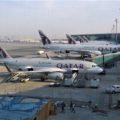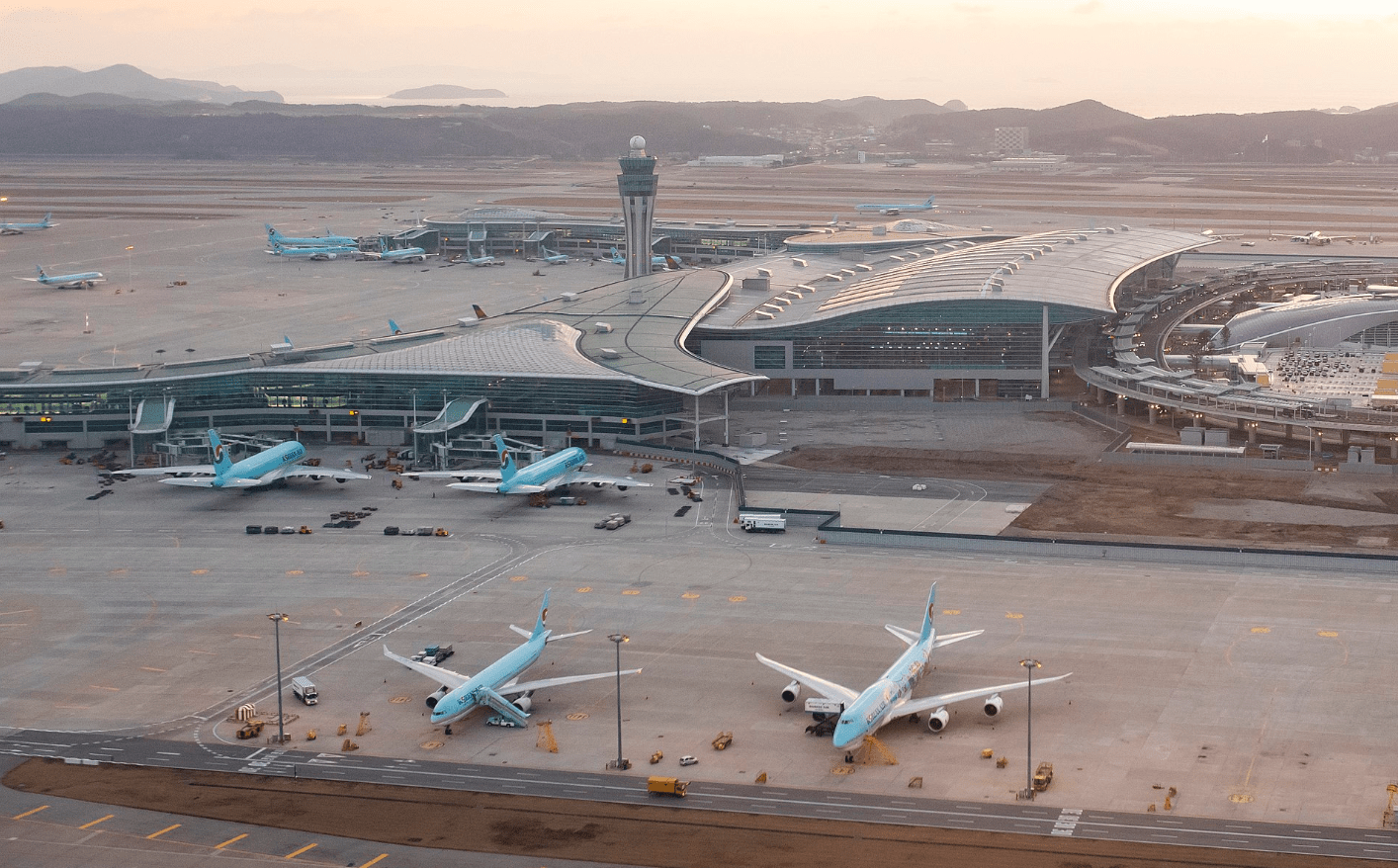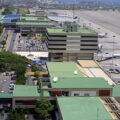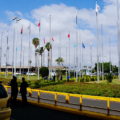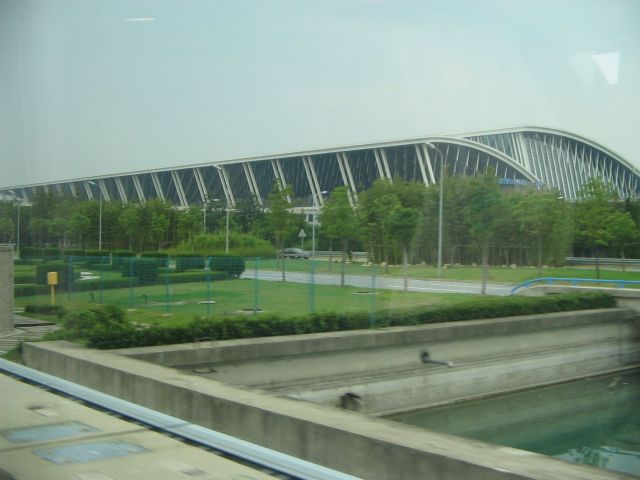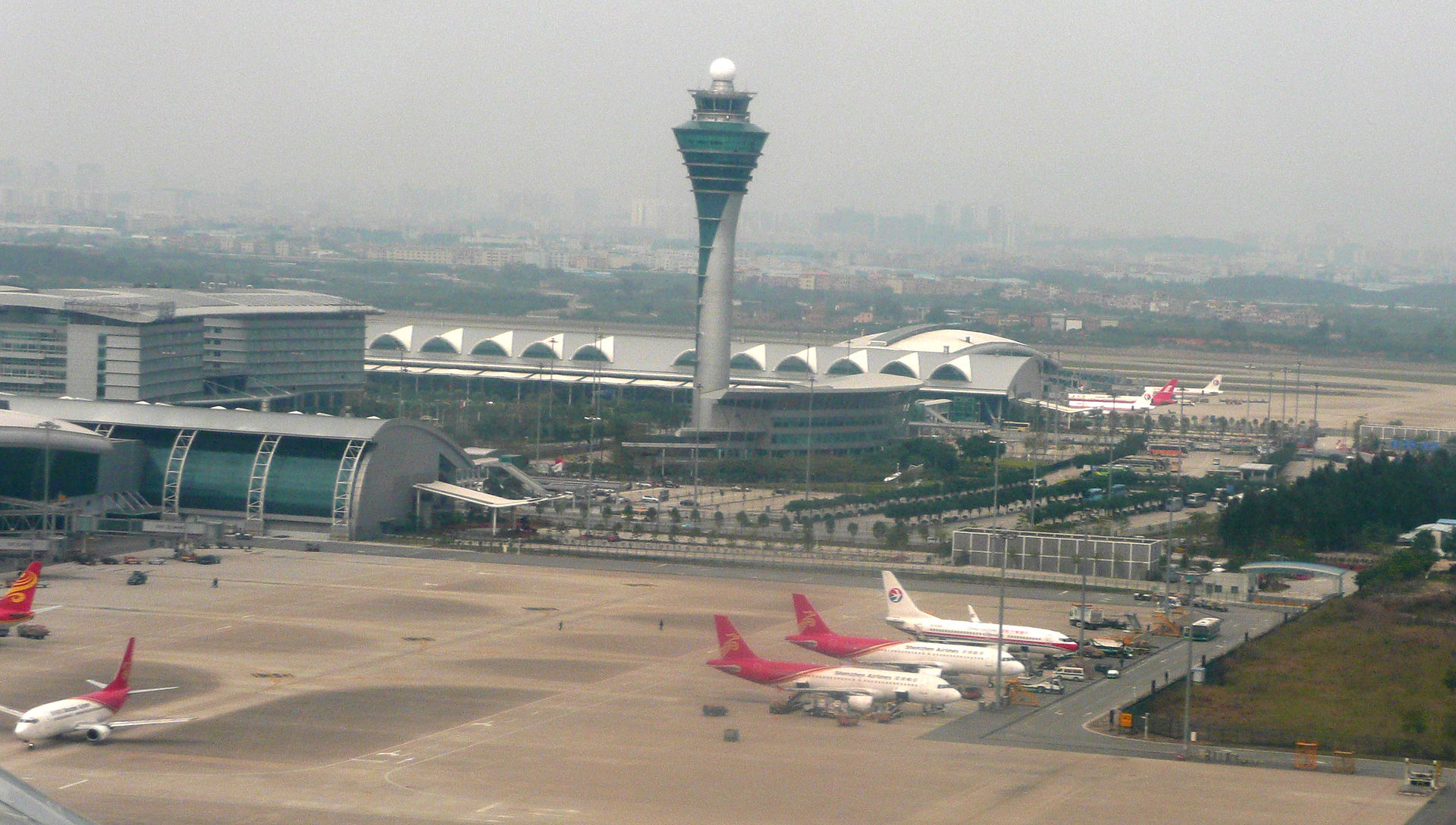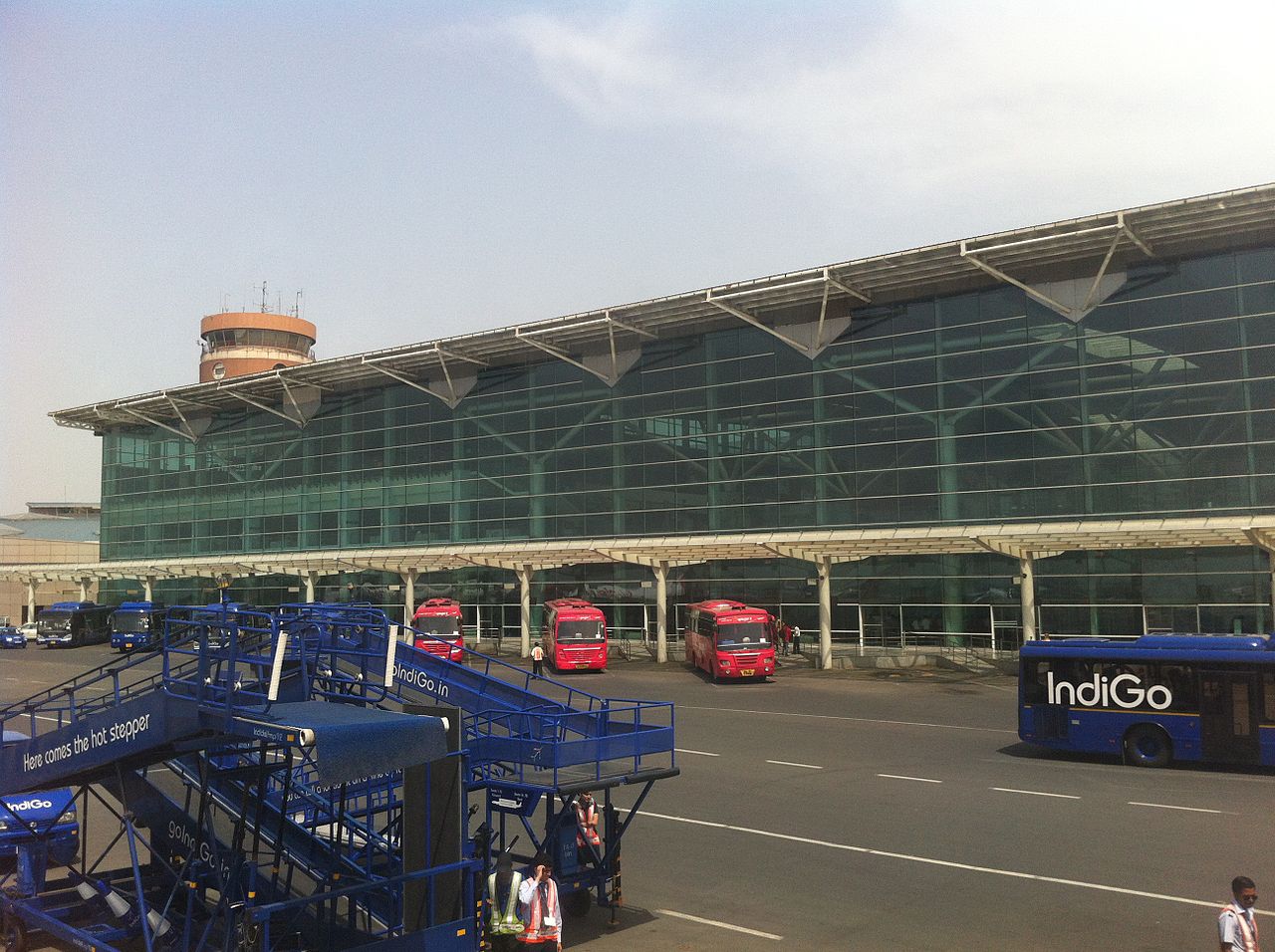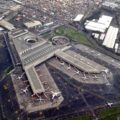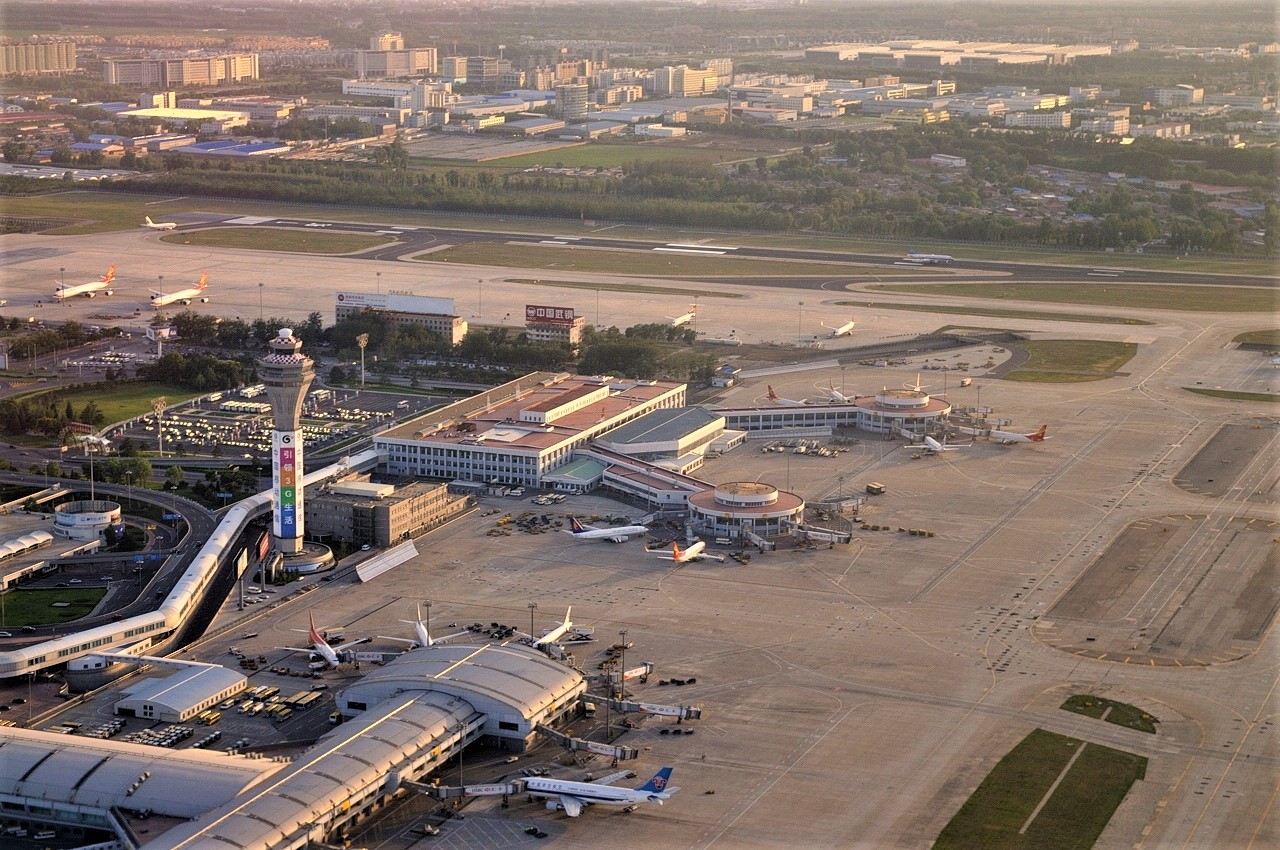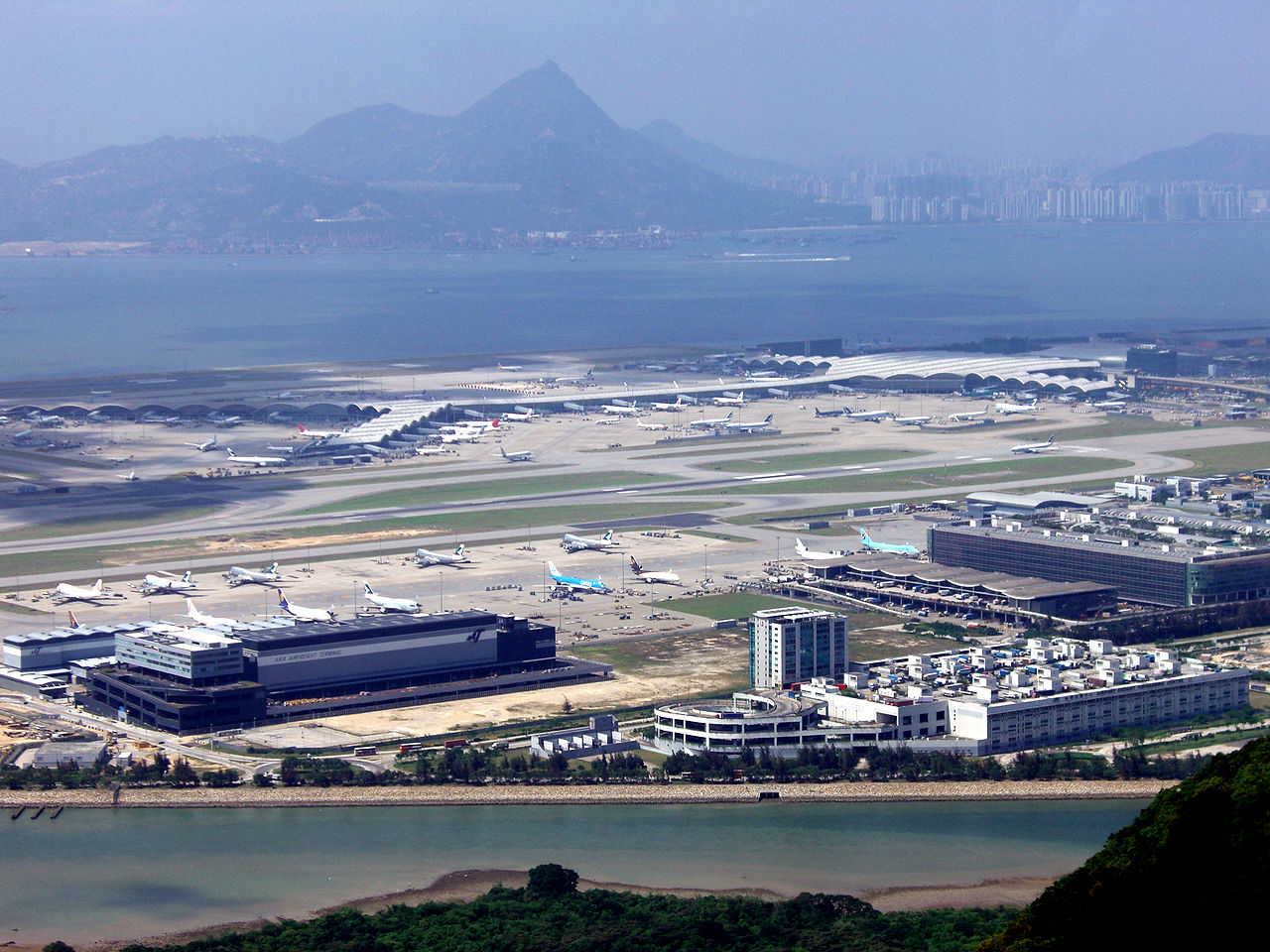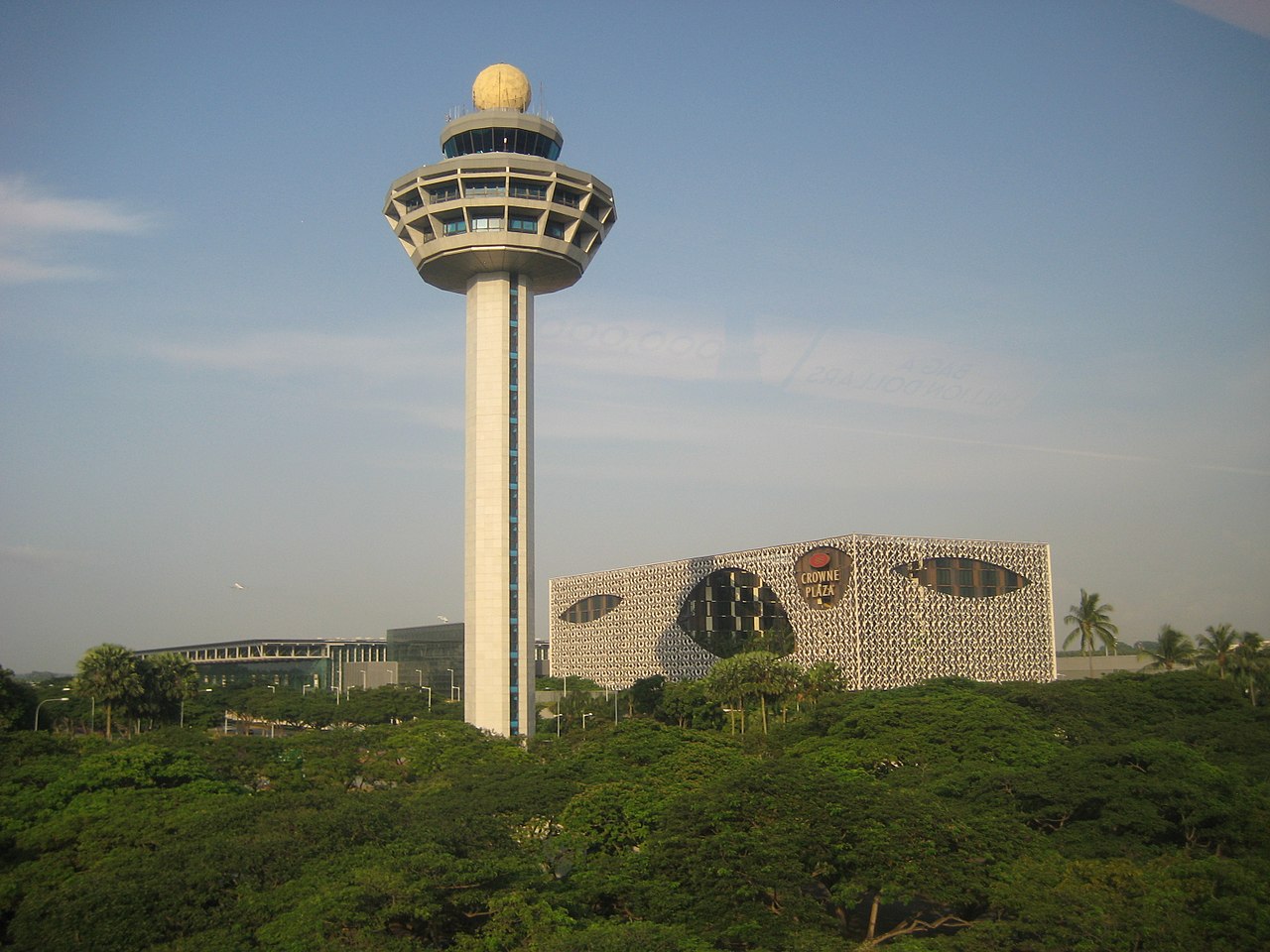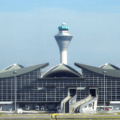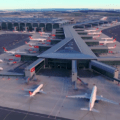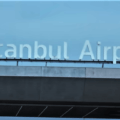Aviation
Istanbul Atatürk Airport
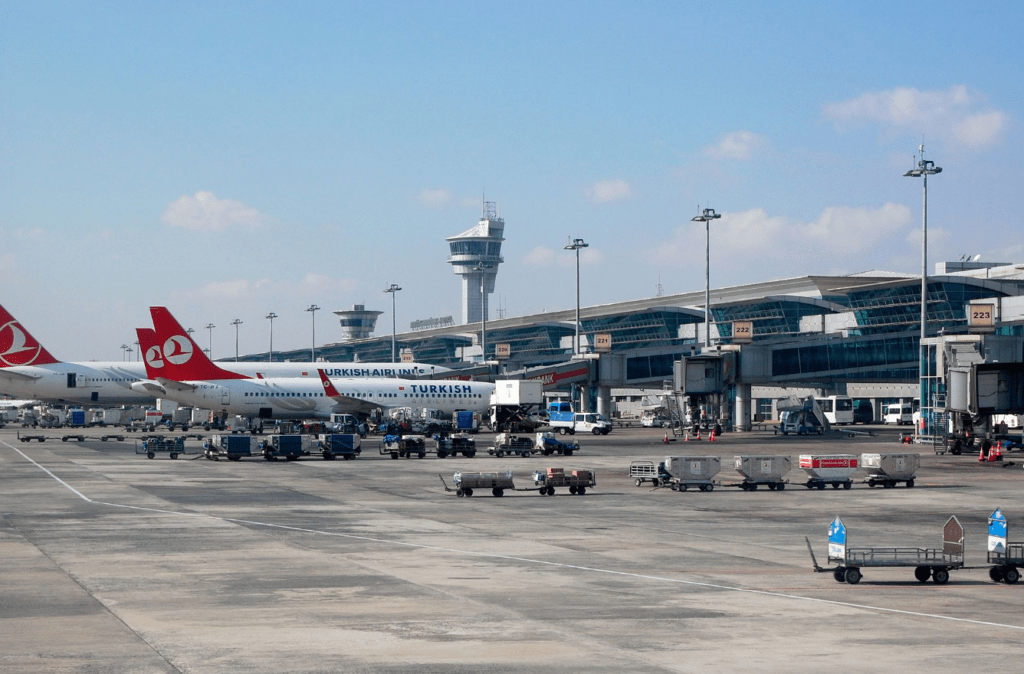
Source: Milan Suvajac
| IATA: ISL ICAO: LTBA | |
| Airport type | Public |
| Owner | General Directorate of State Airports (DHMİ) |
| Operator | TAV Airports |
| Serves | Istanbul, Turkey |
| Location | Yeşilköy, Bakırköy, Istanbul |
| Opened | 1912 (as airfield) 1953 (as airport) |
| Closed | 6 April 2019 |
| Hub for | MNG Airlines Turkish Cargo ULS Airlines Cargo |
| Elevation AMSL | 163 ft / 50 m |
| Coordinates | |
| Website | www.ataturkairport.com |
Istanbul Atatürk Airport (IATA: ISL, ICAO: LTBA) (former IATA code: IST) (Turkish: İstanbul Atatürk Havalimanı) is a general aviation, cargo, and state aircraft airport in Istanbul. It closed to commercial passenger flights on April 6, 2019 when all flights were transferred to Istanbul Airport.
As of 6 April 2019, the airport is open only for cargo, maintenance, general aviation, air taxis, business flights and state and diplomatic aircraft, while commercial passenger flights are all handled at the newly built Istanbul Airport.
First opened in 1912 as a military airfield, located on the European side of the city, it is located 24 km (15 mi) west of the city centre. The airport was originally named Yeşilköy Airport. In the 1980s, it was renamed Istanbul Atatürk International Airport in honour of Mustafa Kemal Atatürk, the founder and first president of the Republic of Turkey. It served more than 60 million passengers in 2015, making it the 11th-busiest airport in the world in terms of total passenger traffic and the 10th-busiest in the world in terms of international passenger traffic. In 2017, it was Europe’s 5th-busiest airport after London Heathrow, Paris Charles de Gaulle, Frankfurt Airport and Amsterdam Schiphol Airport, having fallen from third place after a decline in passengers due to security fears.
Istanbul Atatürk Airport was replaced in regards to commercial passenger functions by the newly constructed Istanbul Airport, in April 2019, in order to meet Istanbul’s growing domestic and international air traffic demand as a source, destination and transit point. Both airports were used in parallel for five months from late 2018, with the new airport gradually expanding to serve more domestic and regional destinations. On 6 April 2019, Atatürk’s IST IATA airport code was inherited by Istanbul Airport and Atatürk Airport was assigned the code ISL after the full transfer of all scheduled passenger activities to the new airport was completed. The final commercial flight, Turkish Airlines Flight 54, left Atatürk Airport on 6 April 2019 at 2.44 am for Singapore.
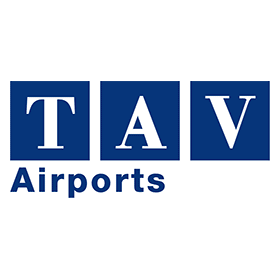

Facilities
Defunct passenger terminals
Istanbul Atatürk Airport featured two passenger terminals linked to each other. The former Domestic Terminal is the older and smaller of the two terminals and exclusively handled domestic flights within Turkey. It featured its own check-in and airside facilities on the upper floor, with twelve departure gates equipped with jet bridges., and five baggage reclaim belts on the ground level. The former International Terminal was inaugurated in 2000 and used for all international flights. It featured a large main hall containing eight check-in isles and a wide range of airside facilities such as shops and restaurant, 34 gates equipped with jetbridges and 7 bus-boarding stands. The arrivals floor had 11 baggage reclaim belts. In addition, there is a general aviation Terminal to the northwest of the passenger terminals.
Cargo Terminal
The airport features a dedicated cargo terminal including facilities for the handling of radioactive and refrigerated freight.
Other Facilities
- Turkish Airlines has its headquarters in the Turkish Airlines General Management Building, located within the airport campus.
- Onur Air has its headquarters in Technical Hangar B.
- Prima Aviation Services Inc. has its MRO Facilities in new technical site at the air side Gate A.
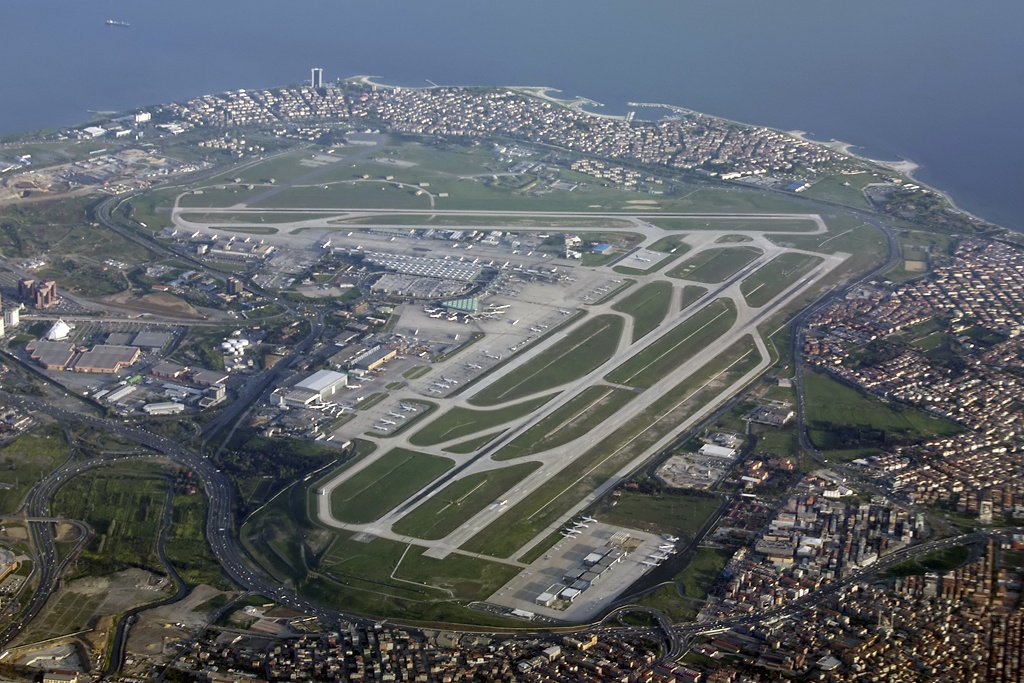

Source: https://www.jetphotos.com/photo/6225683
Airlines and destinations
Passenger
As of April 2019, all passenger operations have been relocated to the new Istanbul Airport.
Cargo
The following cargo airlines serve the airport on a regular basis as of December 2019.
| Air ACT | Bahrain, Hong Kong, Lahore, New York–JFK, Singapore, Tallinn |
| Air Algérie Cargo | Algiers |
| Air France Cargo | Paris–Charles de Gaulle |
| ASL Airlines Belgium | Liège |
| DHL Aviation | Leipzig/Halle |
| EgyptAir Cargo | Cairo |
| Ethiopian Airlines Cargo | Addis Ababa, Tel Aviv |
| FedEx Express | Paris–Charles de Gaulle |
| Hong Kong Airlines Cargo | Almaty, Hong Kong, New Delhi |
| Iran Air Cargo | Tehran–Imam Khomeini |
| Lufthansa Cargo | Frankfurt, Moscow–Domodedovo |
| MNG Airlines | Almaty, Cologne/Bonn, Hahn, London–Luton, Munich, Paris–Charles de Gaulle, Tehran–Imam Khomeini, Tel Aviv, Tripoli–Mitiga |
| Royal Jordanian Cargo | Amman |
| Qatar Airways Cargo | Doha |
| Silk Way Airlines | Baku |
| Turkish Cargo | Accra, Aguadilla, Algiers, Almaty, Amman, Amsterdam, Ashgabat, Atlanta, Baghdad, Baku, Bangkok–Suvarnabhumi, Beirut, Belgrade, Bishkek, Bogotá, Budapest, Cairo, Casablanca, Chennai, Chicago–O’Hare, Colombo–Bandaranaike, Dakar–Senghor, Delhi, Dhaka, Doha, Dubai–Al Maktoum, Entebbe, Erbil, Frankfurt, Guangzhou, Hanoi, Helsinki, Ho Chi Minh City, Hong Kong, Houston–Intercontinental, Hyderabad, Islamabad, Kano, Karachi, Khartoum, Kiev-Boryspil, Kinshasa, Kuala Lumpur–International, Lagos, London–Stansted, Maastricht/Aachen, Madrid, Mexico City, Milan–Malpensa, Moscow-Sheremetyevo, Miami, Minsk, Mumbai, Nairobi, Niš, New York–JFK, São Paulo–Guarulhos, Nur-Sultan, Sarajevo, Seoul–Incheon, Shanghai–Pudong, Shannon, Stockholm-Arlanda, Taipei–Taoyuan, Tashkent, Tbilisi, Tehran–Imam Khomeini, Tel Aviv, Toronto–Pearson, Tunis, Tuzla, Vienna, Vilnius, Zürich |
| ULS Airlines Cargo | Barcelona, Beijing–Capital, Hong Kong, Kiev–Boryspil, Manila, Shanghai–Pudong |
| UPS Airlines | Algiers, Cologne/Bonn, Newark, Shenzhen |
| Uzbekistan Airways Cargo | Tashkent |
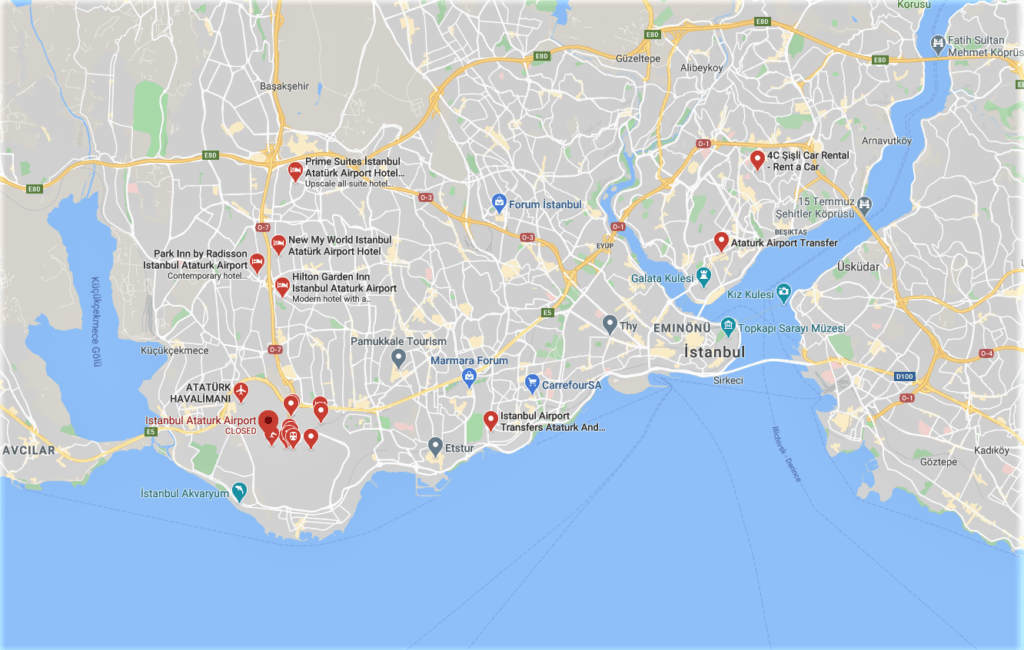

Accidents and incidents
- On 30 January 1975, Turkish Airlines Flight 345, crashed into the Sea of Marmara during its final approach to the airport. All 42 passengers and crew on board were killed.
- On 25 April 2015, Turkish Airlines Flight 1878, operated by A320-200, TC-JPE was severely damaged in a landing accident. The aircraft aborted the first hard landing, which inflicted engine and gear damage. On the second attempt at landing, the right gear collapsed and the aircraft rolled off the runway spinning 180 degrees. All on board evacuated without injury.
- On 28 June 2016, three terrorists killed 44 civilians by gunfire and subsequent suicide bombings, along with 239 civilians injured. The three men arrived in a taxi cab, and opened fire at the terminal. The three men then blew themselves up when police opened fire. The airport has X-ray scanners at the entrance to the terminal but security checks for cars are limited.
- On 15 July 2016, the 2016 Turkish coup d’état attempt took place. During the attempted coup, units of the Turkish Armed Forces seized control of the airport and closed it however it was reopened after pro-government forces regained control.
Accolades
- The Turkish Chamber of Civil Engineers lists İstanbul Atatürk Airport as one of the fifty civil engineering feats in Turkey, a list of remarkable engineering projects completed in the first 50 years of the chamber’s existence.
- In the 2013 Air Transport News awards ceremony, İstanbul Atatürk Airport was named Airport of the Year.
- The airport was named Europe’s Best Airport in the 40-50 million passenger per year category at the 2013 Skytrax World Airport Awards.
Source: wikipedia

